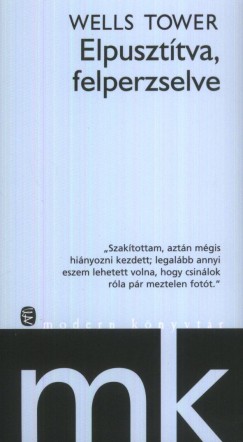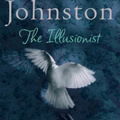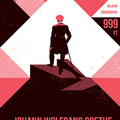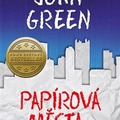Wells Tower: Everything Ravaged, Everything Burned

I was wandering around in a bookstore a couple of weeks ago when I came across this book. I had never heard about it and the name of the author was not familiar either, but I liked its title immediately. At that time I had a craving for a book which is very dramatic and grave, and this book seemed like a good choice based on the title.
The volume consists of nine short stories. I do not know if this is a coincidence or not, anyway, I immediately thought of Salinger’s Nine Stories when I looked at the contents of Everything Ravaged, and I was half involuntarily, half consciously looking for similarities with Salinger’s book. One such similarity I found is the way Tower chooses the titles of the stories. I do not have a rational explanation for this, but I have a strong feeling that Salinger himself could easily have written stories titled Wild America, Down Through the Valley or On the Show.
(By the way, I like to think that nothing ever is a coincidence in any given piece of literary work, but everything has its meaning and purpose, and this is especially true for the titles, and Mr. Tower gives the impression of a very clever man to me, so he might be well aware of the importance of conscious writing, consequently, I believe that the titles of his stories are not like those of Salinger because of a simple coincidence.)
To put it very bluntly, these stories are good. These are not stories that really knock me out, but stories which are good in an intelligent, designed sort of way. It is undeniable that Tower knows his subject: the destitute of America, the outsiders, the weak, the nerd and the ones who suffer from lack of self-confidence or a chronic lack of love. (The world he depicts reminds me of the movies of Hal Hartley, especially Henry Fool.) Furthermore, the topics he writes about are also interesting to me: the disintegration of human relationships; the way people start their lives over; how teenagers try to find their ways in life; chaotic family relations.
Of course these short stories are not only good because their themes are good, but also because they are quite well-written. I have an assumption that Tower thought each of his sentences over a thousand times, and he wrote and re-wrote them until they became just perfect. I feel that every word in this volume is exactly where and how it should be: there are no redundant flourishes here, no over-explanation of ideas, only clear and simple sentences.
Strictly speaking, these stories are not typical stories at all: they start all of a sudden, then end with the same abruptness, and depict only small, perhaps not very important episodes in the characters’ lives, but still, they manage to convey a sense of the protagonists’ personalities and the stories of their lives.
Although, as I stated earlier, the moral of the stories (if they have such a thing at all) is not spoon-fed to the reader, I find the symbols Tower uses a little bit too direct. For instance, I assume it is not that difficult to realize what Tower is driving at in the first story (The Brown Coast), when he writes that all the lovely sea-creatures of the protagonist (who is, by the way, just recovering from a disastrous separation from his wife) are poisoned by a sea cucumber, which was – how very interesting – put into the fishbowl by a woman. And the same applies to the second story (Retreat): what could it possibly mean that the protagonist shoots a moose, together with his long-estranged brother, and it turns out that the meat of the animal is poisoned?
Fortunately there are stories which are not as simple as that. My two favorites, Wild America and On the Show are, for example, truly delicate and many-faceted works, where we are not in the danger of getting to know too much too unambiguously.
To sum it up, these are not worthless stories at all, still, I was a little but surprised to learn how very promising a talent Mr. Tower is deemed to be. For instance, it is stated in Wikipedia that this volume was covered by two reviews in New York Times, and this is supposed to be a great acknowledgement of his abilities, and on the whole, Mr. Tower is already looked upon as the great hope of American literature, with only one published volume. It seems that I am even more difficult to please then the powerful critics of NY Times, as I would not venture to say, based on this volume, that Mr. Tower is a truly great writer. Clever, good, impressive and interesting, yes, but I would rather read at least one of his other works later on before deciding exactly how much greatness he possesses.
(By the way, if Mr. Edmund White of the New York Times were a Hungarian book blogger and continued writing such reviews as this, I am sure he would soon get a couple of comments advising him not to spoil the books he writes about to such an extent.)





